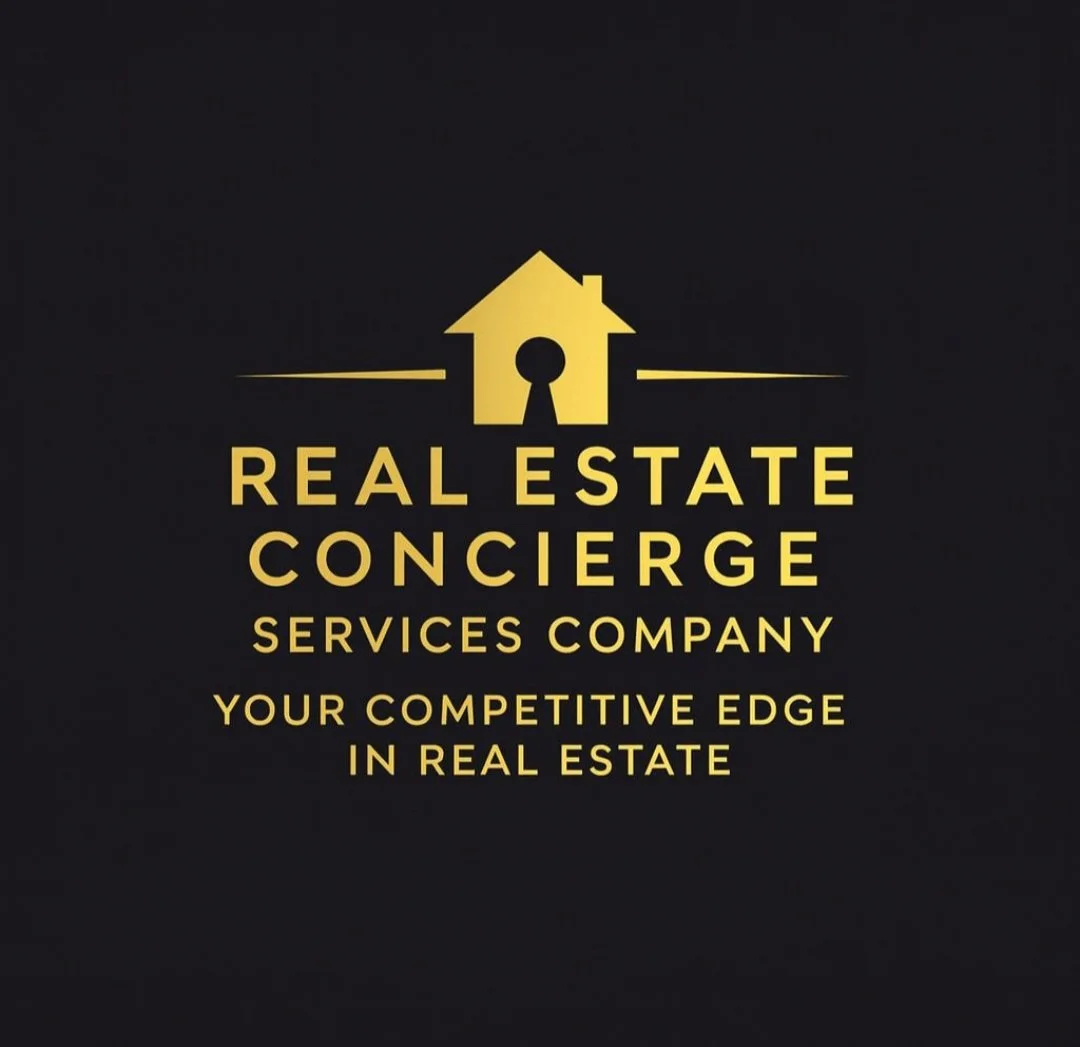Wall Street Bought Raleigh’s Apartments, And You Didn’t Even Notice
How corporate landlords quietly took over your rent check while you were just trying to survive the market.
Let’s start with the quiet part no one likes to say out loud: Raleigh isn’t just growing, it’s being bought.
Over the past few years, while we were all doom scrolling interest rates and chasing down inspection reports, a new kind of landlord slipped in through the side door: private equity.’
These aren’t your local property owners with one duplex and a dream. These are investment firms with names that sound like pharmaceutical side effects. Cortland Partners. Greystar. Invitation Homes. They’ve got billion-dollar budgets, zero attachment to community, and the emotional range of an Excel spreadsheet.
And now they own roughly 35% of Raleigh’s apartments. That’s not a typo. One in three multifamily units in this city are owned by Wall Street.
The Great Raleigh Power Grab
If you rent an apartment anywhere from Glenwood South to North Hills, there’s a decent chance your landlord isn’t local. It’s an investment fund that also owns property in Phoenix, Tampa, and maybe a retirement home in Singapore.
The Private Equity Stakeholder Project recently ranked Raleigh #1 in the nation for the highest percentage of apartments owned by private equity firms.
Atlanta, Charlotte, Austin - all behind us. Yay, I guess. We’re number one in being someone else’s passive income.
Here’s how it works:
Private equity groups raise piles of money from investors like pension funds, endowments, and wealthy clients. They buy entire apartment communities in bulk, rebrand them with names like “The Bailey at Peace” or “Cortland Glenwood South,” and crank up rents under the banner of “modernization.”
Then they add “optimization fees” - parking, pets, trash valet, admin, “amenity maintenance,” whatever. The point isn’t to build community. It’s to squeeze return.
The Raleigh Math Problem
Let’s do the rough math. Raleigh’s got about 118,000 apartment units. Roughly 41,000 are owned by private equity. That means tens of thousands of renters are now paying rent to companies who don’t even have a local office.
Meanwhile, wages? Still lagging behind. Median income’s up maybe 6–8% over the last couple years. Rents? Try 20–25%.
If you’re wondering why it feels harder to get ahead even when you’re “doing okay,” that’s why. You’re not crazy. The math is just rigged.
Line graph showing steady growth of private equity ownership in Raleigh apartments from 2015 to 2025, rising from 9% to 34.8%. Data highlights how investment firms gradually took control of the local rental market.
What’s wild is how quietly it happened. Back in 2015, fewer than 10% of Raleigh’s apartments were owned by private equity. Nobody blinked. Fast forward to 2025, and they control more than a third of the market. It didn’t happen overnight - it happened while everyone was distracted by bidding wars and mortgage rates.
What This Looks Like In Real Life
Rents jump with no real reason.
Maintenance requests vanish into the abyss of an online portal.
Tenants get hit with $250 “lease renewal fees” - for what, exactly?
Apartments that once cost $1,200 are suddenly $1,700 because a hedge fund spreadsheet said “the market can bear it.”
The worst part? No one’s accountable. You can’t walk into the office of “Raleigh Multifamily Holdings LLC” and talk to the decision-maker. They’re a P.O. box connected to a Delaware corporation owned by a Cayman trust that reports to a fund manager who’s never been to North Carolina.
You think you’re arguing with a property manager. You’re actually arguing with Wall Street.
But Wait, They’ll Say “We’re Providing Housing”
Sure. And fast-food chains technically “provide meals.” Private equity will argue that without them, no new housing gets built. But that’s a half-truth. They mostly buy existing properties, not build new ones.
And when they do build, it’s luxury units. “Luxury” meaning the rent starts higher than a mortgage on a starter home.
Even some finance insiders admit the game. They treat housing like a stock — something to flip, not live in.
Raleigh didn’t get more affordable thanks to these firms. It got more financialized.
What Raleigh Could Do (If Anyone’s Listening)
We can’t regulate greed out of existence, but we can stop pretending it’s progress.
Here’s what local leaders could do right now:
Require ownership transparency. Every landlord entity must disclose its true owner.
Enforce limits on rent hikes and junk fees.
Offer tax breaks to local landlords and small investors who actually live here.
Incentivize new affordable multifamily construction.
Strengthen tenant protection laws, because North Carolina’s current ones are about as sturdy as wet paper towels
Cities like Minneapolis, Boston, and Portland have started addressing this exact issue. Raleigh can too, but only if people make noise.
The Graph (The Moment Of Rage)
Raleigh leads the nation in private equity apartment ownership, with 34.8% of units held by investment firms according to 2025 housing data.
Why This Story Matters
This isn’t a housing market issue. It’s a power issue. When homes become investment vehicles instead of places to live, the community loses control.
You can’t build trust in a city when most of it’s owned by entities that don’t even live here.
It’s time to stop treating housing like a stock ticker and start treating it like infrastructure.
Because right now, Wall Street doesn’t just own your rent check. It owns your neighborhood’s future.
Written by Emily Wyatt
Founder, Real Estate Concierge Services Co - helping realtors and communities reclaim authenticity, visibility, and sanity in an industry that’s lost its damn mind.



